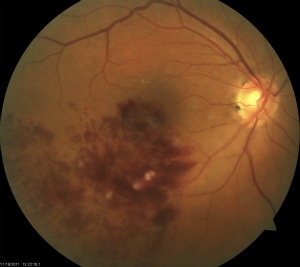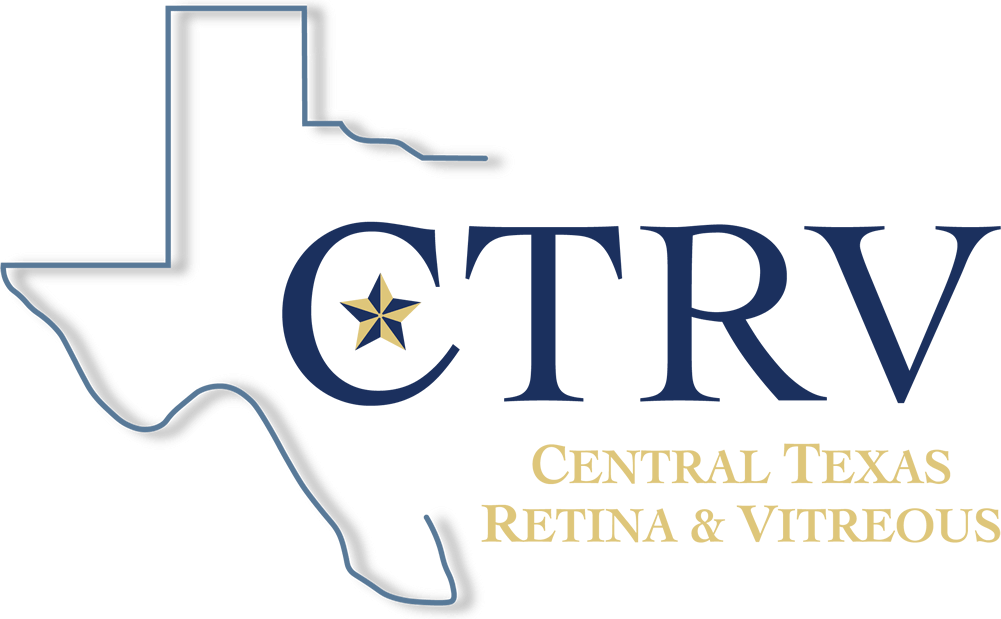 What is a Retinal Vein Occlusion?
What is a Retinal Vein Occlusion?
This condition involves a blockage of blood to the retina (artery occlusion) or away from the retina (vein occlusion). The severity of the damage to retinal tissues and thus to the vision is dependent on the severity of the occlusion. Occlusions of the vessels at the point of entry to or exit from the eye are termed Central Retinal Vein Occlusion or Central Retinal Artery Occlusion.
A blockage within the eye that only affects a portion of the eye is a Branch Retinal Vein Occlusion or Branch Retinal Artery Occlusion. The amount of damage is also determined by the severity of the blockage. Damage can range from mild visual disturbance to blindness.
Risk Factors
Vein Occlusion: High blood pressure, diabetes, age, blood clotting disorders
Artery Occlusion: High blood pressure, cardiovascular disease, high cholesterol, carotid artery disease
Diagnosis
Evaluation of the condition will be made by ocular exam and use of imaging techniques such as optic coherence tomography (OCT) and fluorescein angiogram (FA).
Treatment
Vein Occlusion:
Treatment is not for the vein occlusion per se, but for the resulting effects. A vein occlusion may cause leakage from vessels that have increased pressure resulting from the backup of blood flow. The leakage may lead to macular edema (or swelling of the retina tissue in the center of the eye known as the macula). The treatment for the macular edema may involve laser treatment to the area of swelling or injection of intraocular medication.
Artery Occlusion:
No treatment is available for an artery occlusion. Evaluation of the eye is necessary to ensure that the lack of blood flow to the eye does not lead to a condition called proliferative retinopathy. The proliferation refers to the occurrence of new vessels in the eye that are pathologic. They can lead to bleeding in the eye or to painful increase in the pressure of the eye. If evidence of this condition is present laser treatment is used to cause regression of the new blood vessel formation.
If you think that you are at risk, contact retina specialist Dr. Stephen Smith today to schedule a consultation at Central Texas Retina.
Schedule an appointment with our Austin Retina Specialist today!
